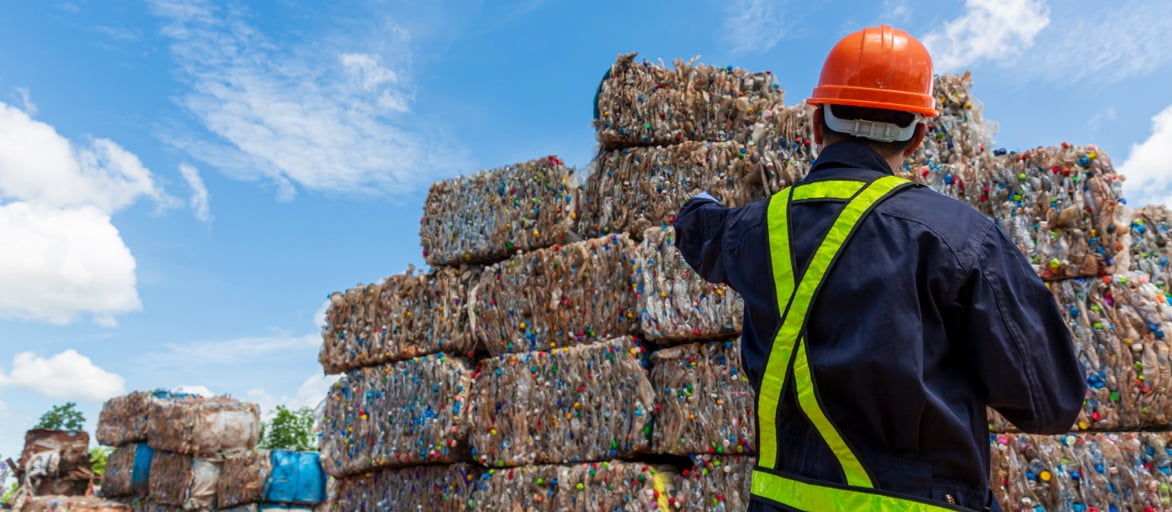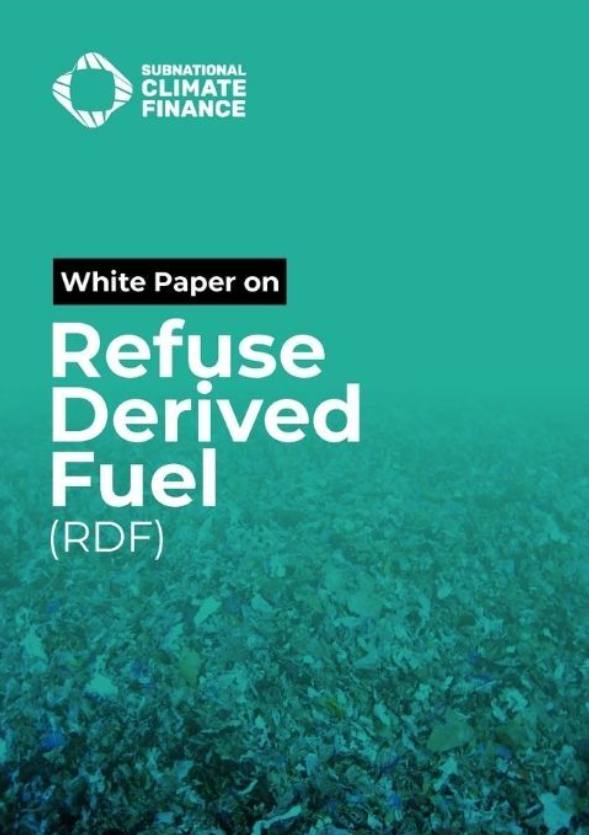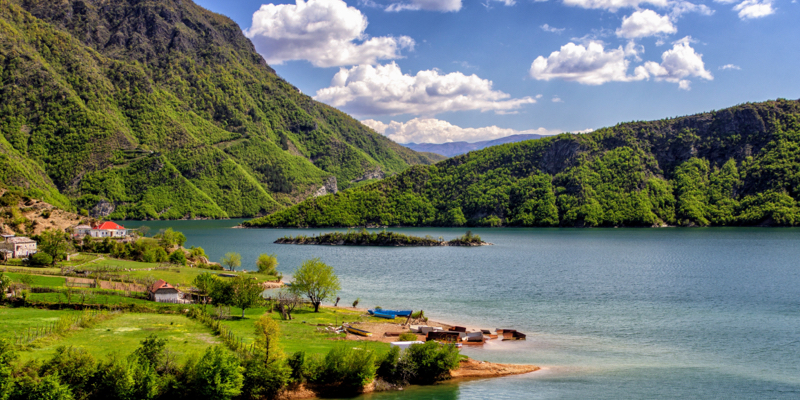- Sector : Waste Management
- Location : Global
- Involvement : Technical Assistance

Overview
Integrated waste management in the Global South is still in its early stages and is considered one of the key challenges and opportunities to reaching the Sustainable Development Goals (SDGs) and global climate mitigation commitments as set in the Paris Agreement. Landfilling and dumping in such regions are reaching their limits due to environmental concerns and rejection by civil society. Thus, alternative solutions that are affordable and effective are desperately being sought after by local and national governments. Integrated waste management covers the value chain from waste generation, collection, transportation, treatment and final disposal, utilizing a multitude of treatment solutions selected and designed based on local conditions.
Among them, the use of non-recyclable fractions of the fast-growing Municipal Solid Waste (MSW) streams for the production of alternative fuel, most commonly known as Refuse Derived Fuel (RDF), is considered a key pillar of an integrated waste management system following the principal of the waste management hierarchy: prevention, reuse, recycling, recovery and disposal. Such use of the combustible fractions of non-recyclable waste as fuel in cement plants as well as co-combustion fuel in power plants or other industrial boilers is a well-established practice in Europe and other industrialized nations.
In this context, the Subnational Climate Fund commissioned a White Paper on RDF to serve as a guideline for decision-makers on the sustainable implementation and operation of waste management projects that involve the production of RDF.
The Challenge
Municipal solid waste (MSW) in the majority of the lower income countries and regions is managed by collection and disposal at landfills or dumpsites. The environmental and health hazards from these practices are extreme, and so is the detrimental effect of resulting marine litter on ocean lives. In addition, the decomposition of organic waste on landfills and dumpsites, which often makes up more than half of MSW in these regions, releases methane, a much more potent greenhouse gas than carbon dioxide in the short term. Thus, transforming waste management in these regions into sustainable practices would yield multiple benefits, and accelerating it now is imperative for reaching climate mitigation targets. In fact, it is a low-hanging fruit to reduce methane emissions, as the waste sector emits about 20% of the total methane emissions globally.
SCF’s Involvement
1. Technical Assistance
The Subnational Climate Fund commissioned a White Paper on RDF to serve as a guideline for decision-makers on the sustainable implementation and operation of waste management projects that involve the production of RDF. The paper provides:
• a comprehensive overview of RDF, its production, types, characteristics, storage, transportation and uses
• guidelines for decision-making on waste management infrastructure involving the production of RDF
• guideline for Gold Standard to establish safeguarding principles
Our Target Impact
Our aim, alongside our local partners, is to support and scale up the renewable energy platform to develop, install and operate solar PV assets to offer clean energy to the C&I clients that currently have a reduced number of options for their electricity supply. We expect the project will positively impact the following Sustainable Development Goals:
-

SDG 8 Decent Work and Economic Growth
RDF technologies are expected to provide employment through new jobs at RDF plants (e.g. manual sorting of waste, administration and security of the plant). They also may improve the livelihood of the local population through better waste management and income elevation through increased economic activities.
-

SDG 11 Sustainable Cities and Communities
RDF projects are expected to reduce environmental pollution through the reduced dependence on unsafe and open disposal of MSW in pits with open burning. This prevents emissions of heavy metals, dioxins/furans, hydrochloric and sulphuric acids, nitrogen oxides, carbon monoxide, and unpleasant odours that are created in open burn pits.
-

SDG 13 Climate Action
Through RDF, sustainable repurposing of municipal waste may reduce methane emissions (caused by the decomposition of organic waste in the landfill), as there will be less unsorted MSW ending up in the landfill. They also reduce the need for fossil fuels produced in cement production as an alternative fuel source.
The project described above is only receiving Technical Assistance from SCF at the time of writing. There can be no guaranty that any investments will be completed or that impact targets will be achieved.



